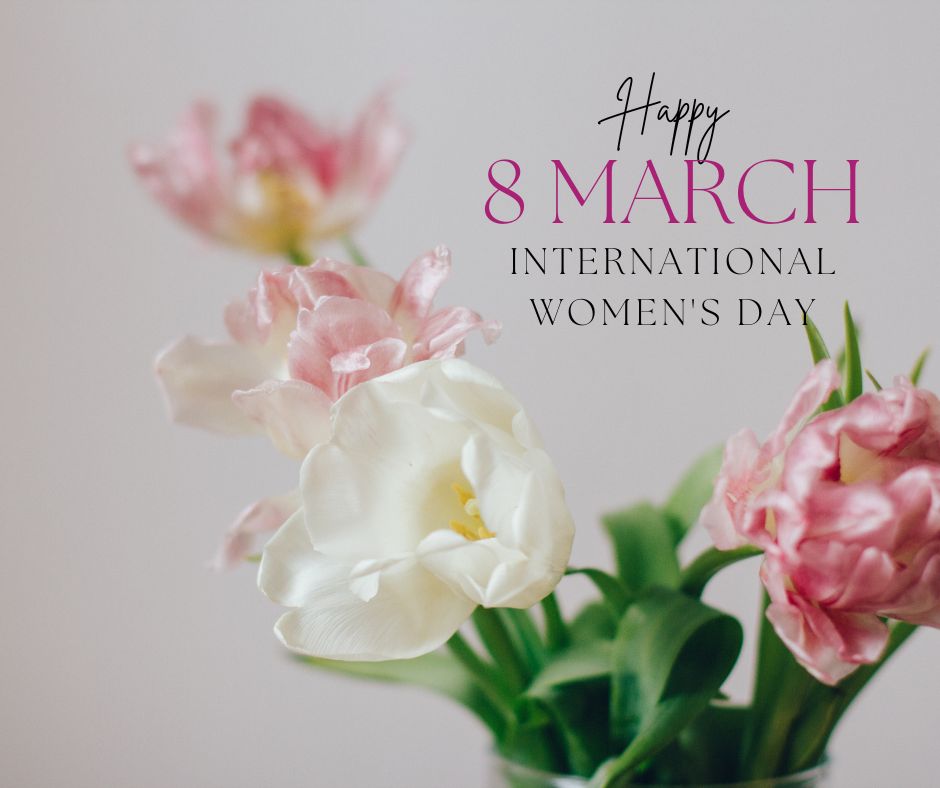Empowering Voices: International Women’s Day and the Role of Interpreting and Translating Services

International Women’s Day, celebrated annually on 8th of March, is a global observance that recognizes the social, economic, cultural, and political achievements of women worldwide. It also serves as a reminder of the ongoing efforts to achieve gender equality and uplift the voices of women in all spheres of life. This year, let’s explore the intersection of International Women’s Day and the crucial role played by interpreting and translating services in empowering women and ensuring their stories are heard across linguistic and cultural boundaries.
Breaking Down Barriers:
Language barriers often stand as formidable obstacles preventing the effective communication of women’s experiences, perspectives, and achievements. In a world that thrives on diversity, it’s essential to bridge these gaps to foster understanding and promote equality. Interpreting and translating services play a pivotal role in breaking down linguistic barriers, allowing women to share their narratives and contribute to a more inclusive global dialogue.
- Access to Information: Interpreting and translating services facilitate women’s access to information on various topics, ranging from healthcare and education to legal rights and career opportunities. By ensuring that information is available in multiple languages, these services empower women to make informed decisions that impact their lives positively.
- Advocacy and Activism: International Women’s Day is a platform for women to raise their voices against injustice and advocate for change. Interpreters and translators enable the seamless communication of these messages to diverse audiences, amplifying the impact of women’s advocacy efforts on a global scale.
- Professional Development: In the professional realm, language barriers can hinder career growth for women. Interpreting and translating services facilitate effective communication in multilingual workplaces, promoting an environment where women can thrive professionally and contribute their skills and expertise without hindrance.
- Preserving Cultural Identities: Women from diverse cultural backgrounds contribute significantly to the rich tapestry of global society. Interpreting and translating services aid in preserving and celebrating these cultural identities, ensuring that the stories of women from different backgrounds are accurately represented and appreciated.
Conclusion:
As we celebrate International Women’s Day, let’s reflect on the invaluable role of interpreting and translating services in empowering women. By breaking down language barriers, these services ensure that the voices of women are heard, understood, and respected worldwide. As we strive for gender equality, let us also work towards creating inclusive spaces within the interpreting and translating professions, allowing women to contribute their linguistic expertise and make meaningful contributions to a more interconnected and equitable global community.


